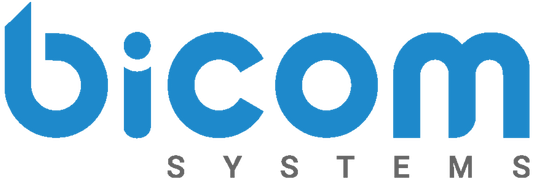 We all know that VoIP reduces telephony costs, but we don’t necessarily know why. Understanding the technology behind VoIP allows us to better appreciate and market the value that VoIP brings to SMBs.
We all know that VoIP reduces telephony costs, but we don’t necessarily know why. Understanding the technology behind VoIP allows us to better appreciate and market the value that VoIP brings to SMBs.
Ziff Davis explains the technology in their recent article entitled VoIP Primer – Five Technology Basics SMBs Need To Understand.
Five VoIP Technology Basics:
1. VOIP IS DATA
The first thing to understand is that VoIP is data just like emails or files or instant messaging. While PSTN was a dedicated technology meant only for voice, VoIP turns voice into another form of data. Data is a much more efficient and cost-effective technology.
2. VOIP USES THE DATA NETWORK
Legacy systems require two separate networks – one for voice and one for data. A desk telephone uses the voice network while the computer uses a separate data network. VoIP integrates voice technology into one data network, resulting in a less expensive and easier to manage solution.
3. VOIP IS PACKET-SWITCHED
For VoIP to be transmitted over the data network it must be digitized and transferred as packets. The advantage of packets is that they travel across the most efficient route resulting in high-speed and lower costs.
4. VOIP IS REAL-TIME
Legacy telephony has always offered high quality voice in real-time because that’s what it was made to do. This has been VoIP’s biggest challenge but after over 20 years it is finally a worthy opponent of PSTN. With an optimized network and good VoIP software voice calls can be in real-time just like traditional telephony.
5. VOIP IS STILL EVOLVING
While Legacy telephony is a tried-and-true solution, it is no longer evolving and improving. On the other hand, VoIP is not yet a complete solution meaning it still has infinite potential. As technology continues to improve, VoIP will improve along with it. For example, Unified Communications opens a world of options to users and is only going to get better.
In conclusion, understanding these 5 pieces of VoIP technology gives us a greater appreciation of the value of VoIP. To read more, visit VoIP Primer – Five Technology Basics SMBs Need To Understand.
